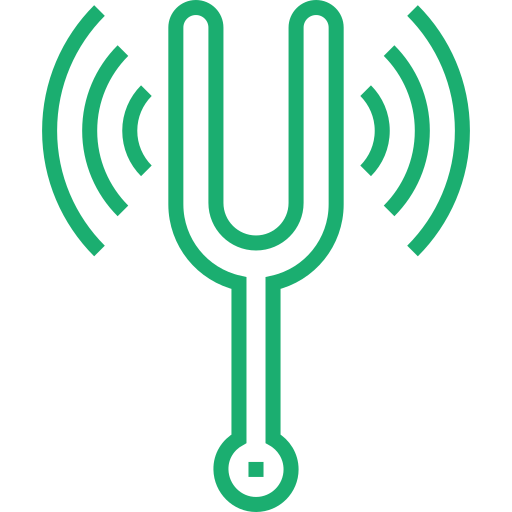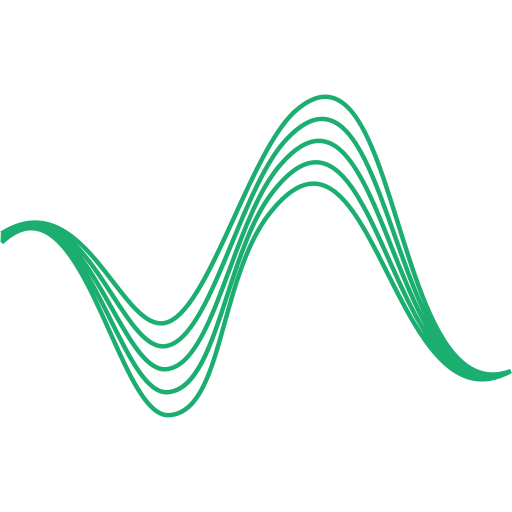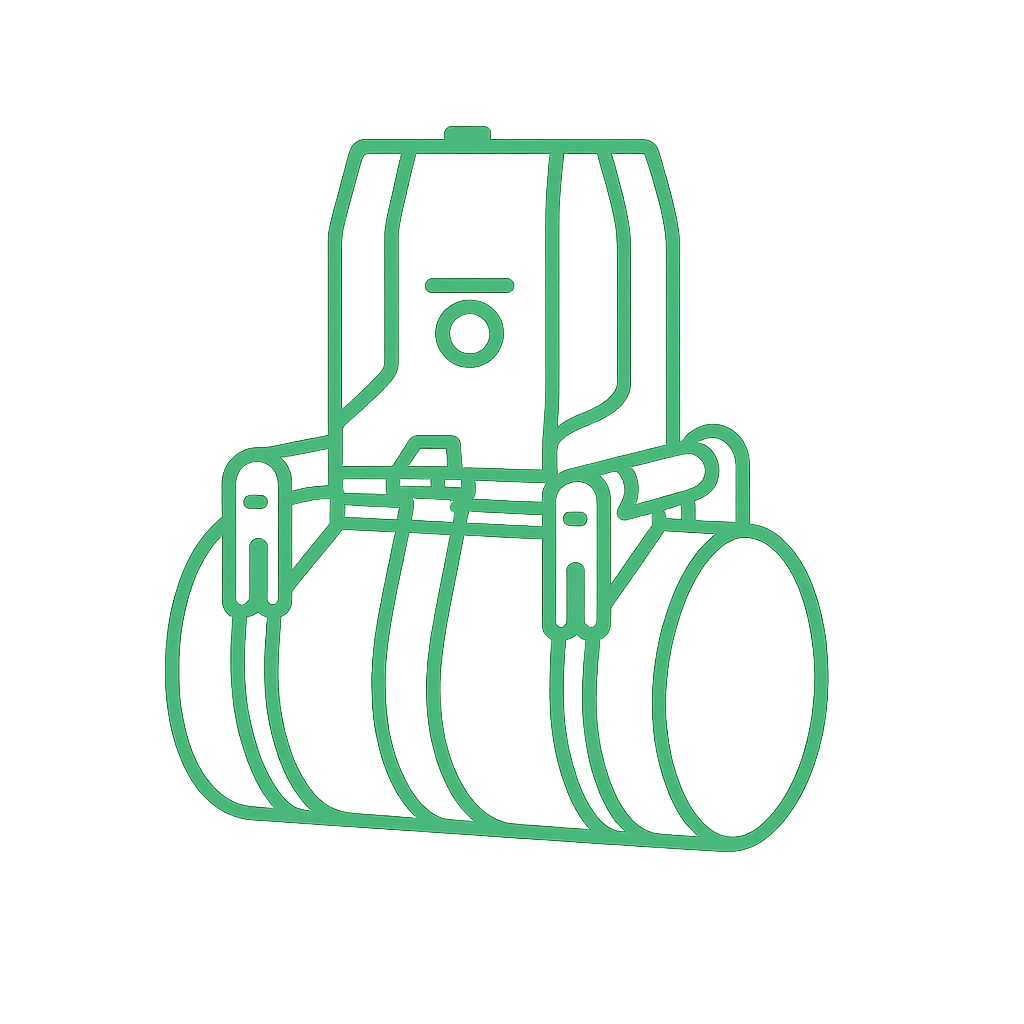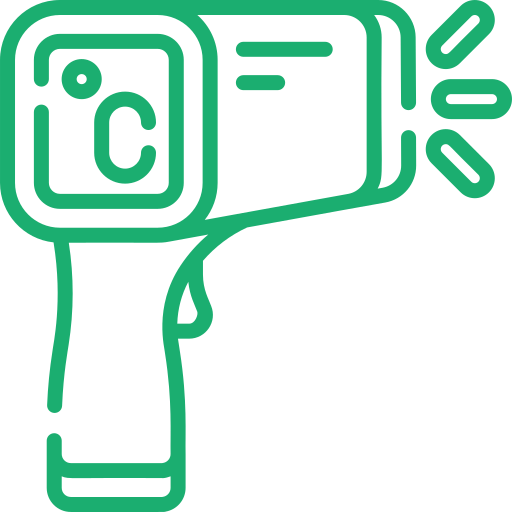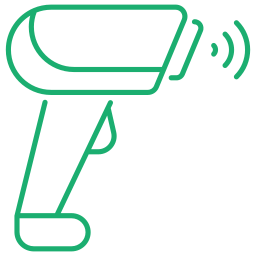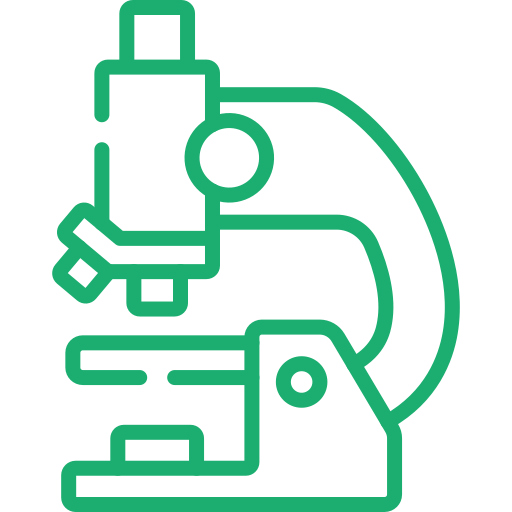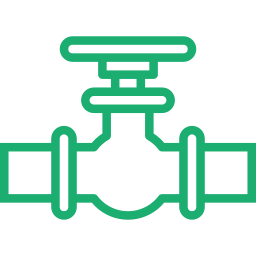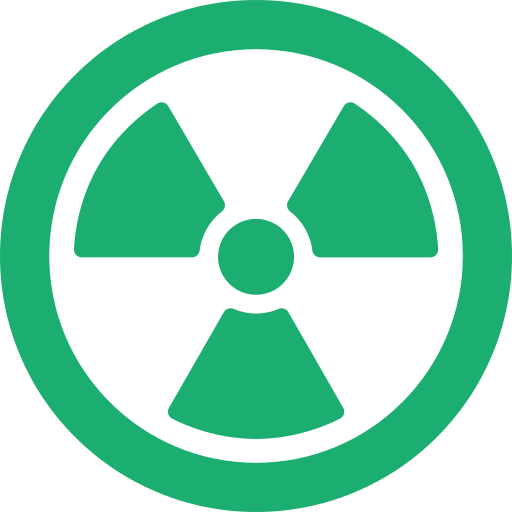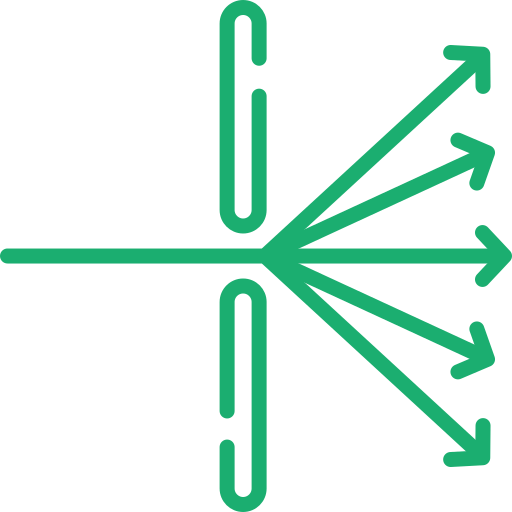Why Choose Us
Pulp & Paper represents one of North America’s paramount and economically robust industries. To ensure the sustained efficiency, safety, and fiscal viability of operations, scheduled shutdowns are imperative. The mitigation of potential safety and environmental hazards can be achieved through systematic examinations of critical assets, encompassing boilers, digesters, evaporators, piping, tanks, and pressure vessels. The discernment of issues during these inspections serves as a proactive measure in averting unscheduled shutdowns, equipment malfunctions, and the potential for catastrophic damage.
NDT Group provides essential non-destructive testing services to the pulp and paper industry by employing various techniques to assess the integrity of equipment and structures. This proactive approach helps prevent costly downtime, ensures safety, and supports regulatory compliance within the industry.
We employ some of the most experienced NDT Technicians in the Pulp and Paper Industry with an intimate knowledge of the pressure equipment, damage mechanisms and processes.

Extensive Range of Inspection Services
encompasses but is not limited to
- 3rd Party Inspection, NDE Review/Auditing of Repairs and Construction projects
- Paper Machine Components, Dryer Cans, Suction and Couch Rolls Recovery, Power Boiler Inspections, High Energy Piping and FAC Surveys
- AUT/PA/TOFD In-lieu of Internal Inspections for Tanks and Pressure Vessels
- General Piping, Vessels, and Tank Inspections
- Digester and Vessel Inspections
- Deaerator Storage Tank Inspections
- Phased Array UT of Boiler Tube welds
- Lifting Equipment Inspections
- Evaporator Effect Train Inspections
- Ultrasonic Thickness and Examinations of Welds, Forgings, Castings
- Advanced crack sizing using Phased Array UT, TOFD, Tip Diffraction, High Angle LW
- Corrosion Mapping - Internal/External
- Automated UT Services (AUT)
- Stress-Corrosion Cracking Detection, Sizing and Monitoring
Our
Approach
service delivery process
The NDT Group begins by assessing the specific needs of the pulp and paper industry client. This involves understanding the types of equipment and structures in use, the materials they are made of, and the operational conditions they are subjected to. This assessment helps in determining which NDT methods are most suitable.
NDT Group experts select the appropriate NDT techniques based on the assessment. In the pulp and paper industry, common NDT methods include ultrasonic testing (UT), radiographic testing (RT), magnetic particle testing (MT), liquid penetrant testing (PT), and visual testing (VT) among others.
Once the NDT methods are selected, the NDT Group develops an inspection plan. This plan outlines the testing procedures, equipment requirements, safety protocols, and scheduling. Inspections are then carried out on-site by certified NDT technicians.
During inspections, data is collected using the chosen NDT methods. This data is then analyzed to identify any defects, inconsistencies, or anomalies in the equipment or structures. This step is critical for assessing the integrity and safety of assets.
NDT Group provides comprehensive reports detailing the findings from the inspections. These reports include information about any defects detected, their severity, and recommendations for repair or maintenance. Proper documentation is essential for compliance and decision-making.
Based on the inspection results, the NDT Group can advise the pulp and paper industry client on maintenance strategies. This may involve repairs, replacements, or preventive maintenance to ensure the continued safe and efficient operation of equipment.
NDT Group ensures that its services align with industry regulations and standards, such as those set forth by organizations like ASME, API, and ASTM. Compliance is essential to meet safety and quality requirements.
The NDT Group may also offer ongoing support, including periodic inspections to monitor the condition of equipment and structures over time. This helps prevent unexpected failures and ensures long-term reliability.
